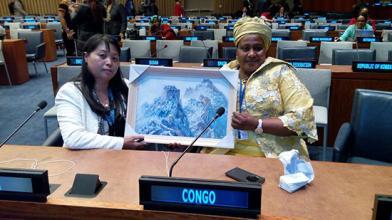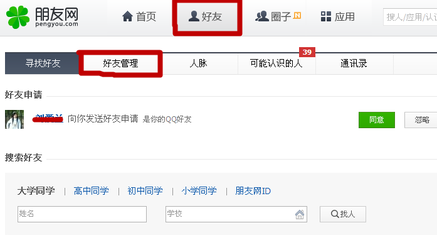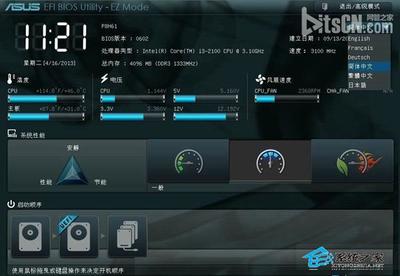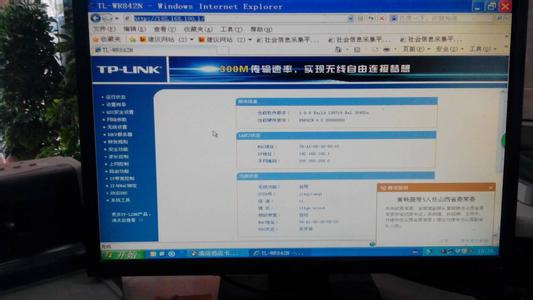IDCC知道12月4日就是一年一度的联合国青年人才项目考试,为了帮助大家更好地准备考试,我们特别邀请了联合国经济官员Michael Milligan为大家答疑。Michael参加了2010年的YPP考试并过关斩将进入联合国,现任职于拉丁美洲和加勒比经济委员会(UN ECLAC)。
感谢大家对本次活动的支持,我们收到了很多非常好的问题,现将Michael给大家的解答整理如下:
General questions about working in the UN:
Q: What’s it like to work in the UN?

Michael: Too big a question! Exciting, interesting and frustrating. The United Nations does a lot more than I thought it did and is involved in many sectors - my last post was primarily working with government officials in land registration and mapping agencies. You find working here that the organization has great potential to make a difference. The biggest reason it sometimes doesn't meet that potential is because of its very closed hiring procedures and failure to put the right person in the job, and the now strong emphasis on the YPP programme is the United Nation's efforts to change that.
Q: What is your typical day?
Michael: Well, let's see. Work at my office starts and ends quite early (7:30 a.m. to 3:30 p.m.; work hours vary by duty station) so I wake up around 6 a.m., get ready and take a mini-bus to work. Then I set at a computer and type things, and occasionally have meetings and joke with colleagues. Today, for example, I reviewed a colleague's article on free trade agreements and gave some (I hope) helpful notes; and we had a video conference with our ECLAC headquarters in Santiago to talk about our GDP forecasts for the countries in our region.
Q: There are so many UN offices, where should I pick if I were to work for the UN one day?
Michael: You would be quite lucky to have your pick of them! I've only worked at two offices, the Economic Commission for Europe and the Economic Commission for Latin America and the Caribbean, so I don't think I can say which is the best out of the dozens of UN offices out there. I will point out that the YPP exam is only for selection to organizations in the United Nations secretariat, which doesn't include every organization with "United Nations" in the name.
Q: Exactly how important is it to be multi-lingual in order to work for the UN? If you can advise, which languages should I learn first?
Michael: It depends. English, obviously, is essential for any job at the UN. Sometimes that's all you need. In my last job, working in Geneva, French was only occasionally useful at work. To work in Latin America, you probably need to know Spanish or at least be ready to learn it.
Q: Is there career progression with the UN?
Michael: Yes, but not automatically. Some people come in at the entry-level (usually P2) and stay there for years; some move up quickly. Promotions are (in theory) merit-based.
Q: What specific policy areas does your work cover?
Michael: I study the economic issues of the English- and Dutch-speaking Caribbean. This includes, among other topics, economic growth, trade and foreign direct investment.
YPP specific questions:
Q: What is your background? Which part do you think makes you stand out as a YPP candidate?
Michael: I have a Ph.D. in economics from the University of New Mexico and taught economics as an assistant professor at Pusan National University, South Korea, for two years before coming to the United nations. When I began working at the United Nations I found that I had already been to and lived in more diverse places than a typical United Nations worker!
I think among YPP candidates I mostly stand out because of my winning smile and quick wit ;).
Q: What has been one highlight of your work as a YPP?
Michael: Not sure why some of the questions relate to my work at the United Nations and some to my work as a YPP as these are the same thing! Well in my last job at the ECE I got to travel a lot, about once a month, all over Europe and the former Soviet Union. That was PRETTY cool.
Q: Tell us how you prepared for your YPP?
Michael: My exam was on economics. To prepare for this, I taught economics at a university for two years ;). I also looked up sample exams on line.
Q: What resources did you use to prepare for the exam?
Michael: Textbooks on economics, especially international economics, and sample exams online.
Q: What resources were actually useful for the exam?
Michael: See above. There is, I think, also a Yahoo! group for those interested in the exam, but I didn't use it to prepare.
Q: The sample exams on UN careers website are helpful, but I still would like to hear you talk a little about the structure of the exam. Is that okay?
Michael: Yes, it is OK.
Just kidding. Well first of all I'm not really a YPP. When I took the exam it was called the National Competitive Recruitment Exam (NCRE). They later changed the name to YPP and the exam format too. So the written exam was a bit different for me. When I took it there were two parts - the English text-summary part, which was quite easy for me as a native speaker, and the economics part. The economics part was a fair opportunity to show what you knew about economics, I thought. It involved several short answer questions and a few long answer questions. There was no question I didn't know how to answer. Then again they never tell you how you did, just if you passed, so it's possible I barely got by! They say the exam is harder now than when I took it.
After I passed the written exam, I was flown to New York for the oral exam. Questions focused mostly on current events and on the structure of the United Nations; I knew little of either. So I printed out a bunch of information from United Nations websites and bought every current events periodical I could find at the airport bookstore on my way to New York. I had a LONG flight there from Korea so I just studied the whole way and ended up doing pretty well during the oral exam.
Q: English is my second language so I’d like some advice on how I can train myself to summarize long texts for the general exam. Do you have any suggestion?
Michael: Practice, practice, practice.
Q: About the general paper, could you please tell me the grading standards of summary part that you thought might be? Are the multiple choice questions just facts about UN? Could you please give me some specific ideas on that?
Michael: They don't tell you how you did so I can't really say about grading standards. When I took the exam, there was no multiple-choice section.
Q: My handwriting is not very good. Should I be concerned?
Michael: I have very bad handwriting. I am always concerned about this with such exams so I printed my answers very, very carefully.
Q: Hong long did it take for you to get in the UN?
Michael: 32 years.
After I took the written exam, it was 13 months until I began my job.
Q: Are there any drawbacks of being a YPP?
Michael: Yes. The United Nations is very much a "cronies" network. Many supervisors do not like being forced to hire someone who passed an exam instead of being allowed to hire people they know. Since the United Nations started a push to seriously promote the YPP only in recent years, it is not likely you will have a boss who is a YPP.
Q: Are there other ways to get into the UN since I am 32 next year and won’t be qualified for YPP anymore if I don’t get in this year?
Michael: You can always apply to a posted opening; it does happen sometimes that people get hired via a competitive process other than the YPP programme.
Q: If I fail this time around, what advice would you give me to better prepare for future YPP applications?
Michael: Study.
Q: Can you tell me a little about your experience so far as a YPP?
Michael: I thought I just did?
Q: Are there any way you think the YPP scheme could be improved?
Michael: Yes. I think there should be positions above P2 reserved for those who passed the YPP. It could also be a good idea to have P1 positions available for those who pass the exam and have less experience. Most people who pass are in their late 20s or early 30s and so are not necessarily "young professionals".
(本文版权为IDCC所有,转载此文章须经IDCC同意,并请附上出处及本文链接。)
 爱华网
爱华网



